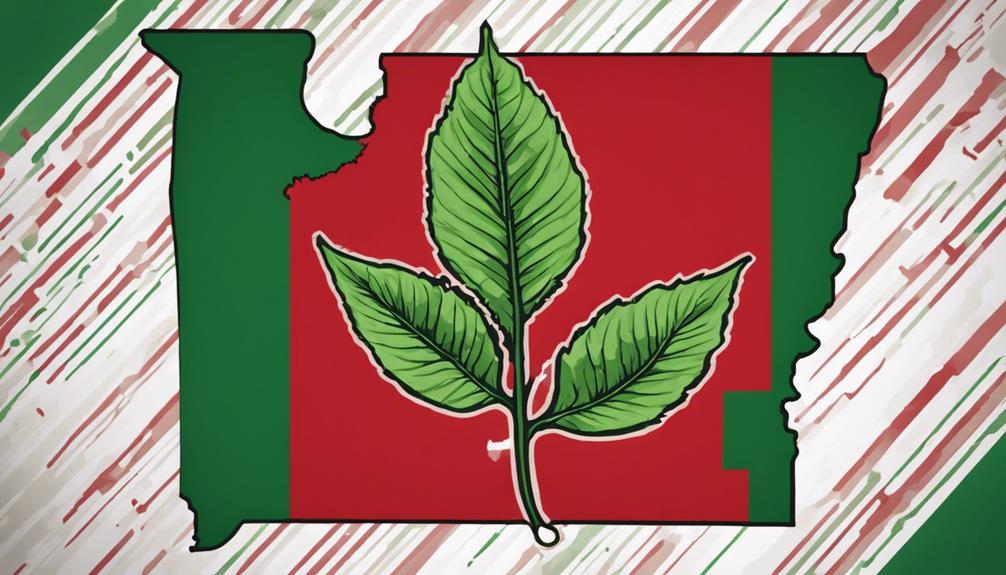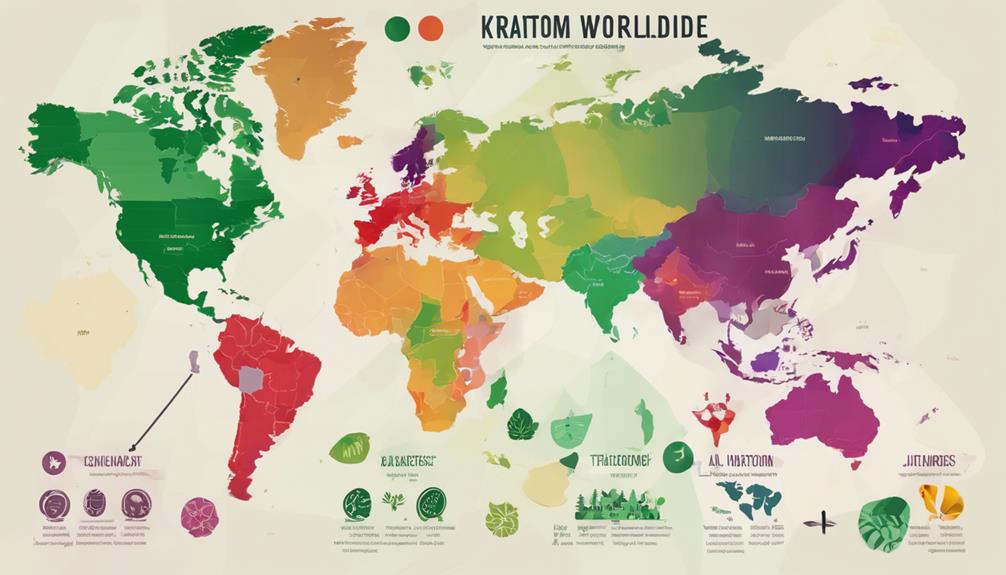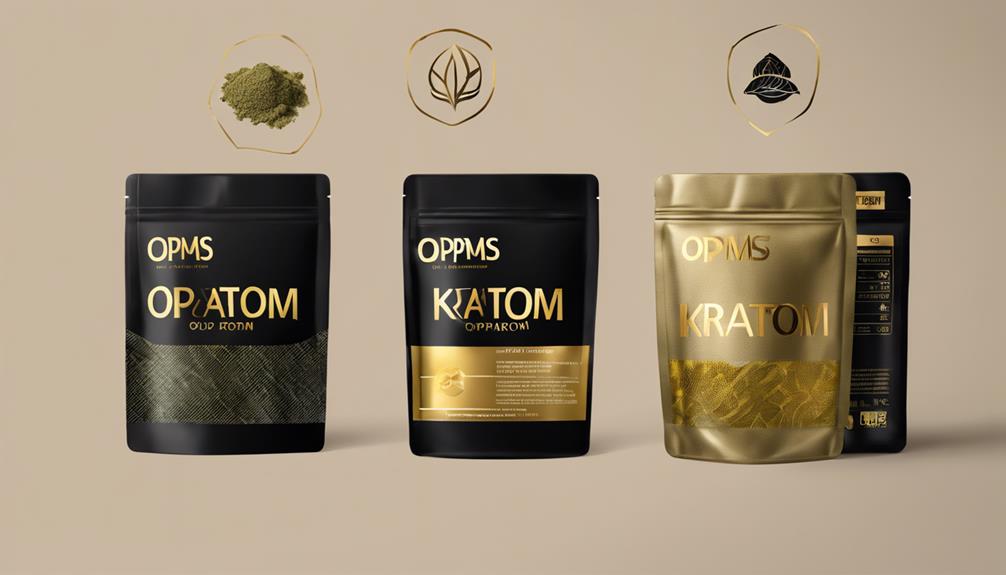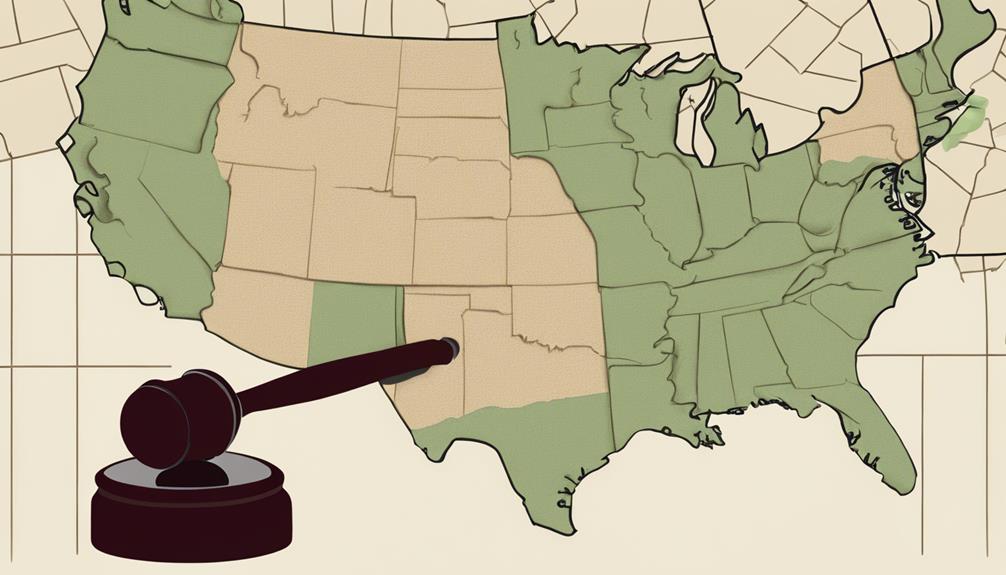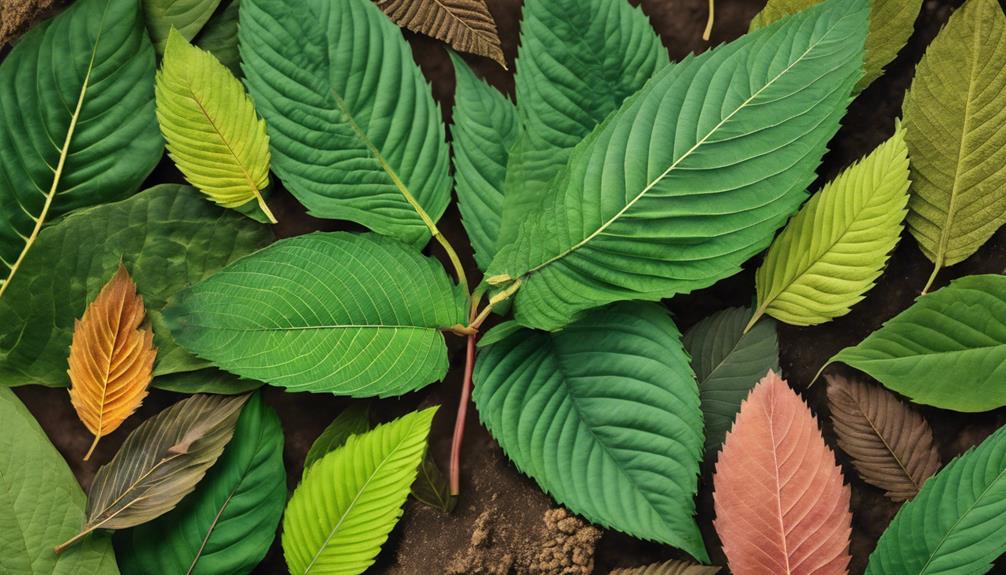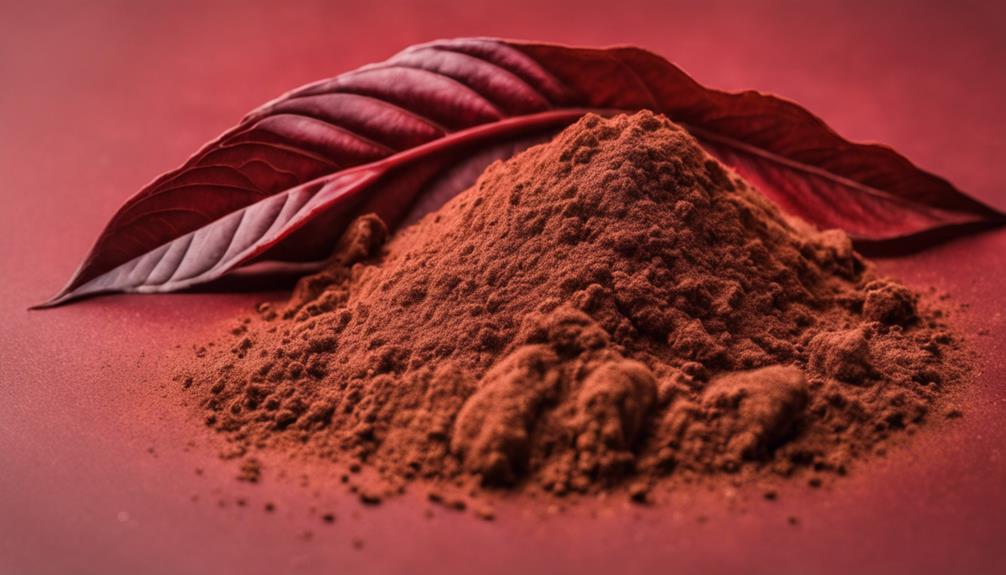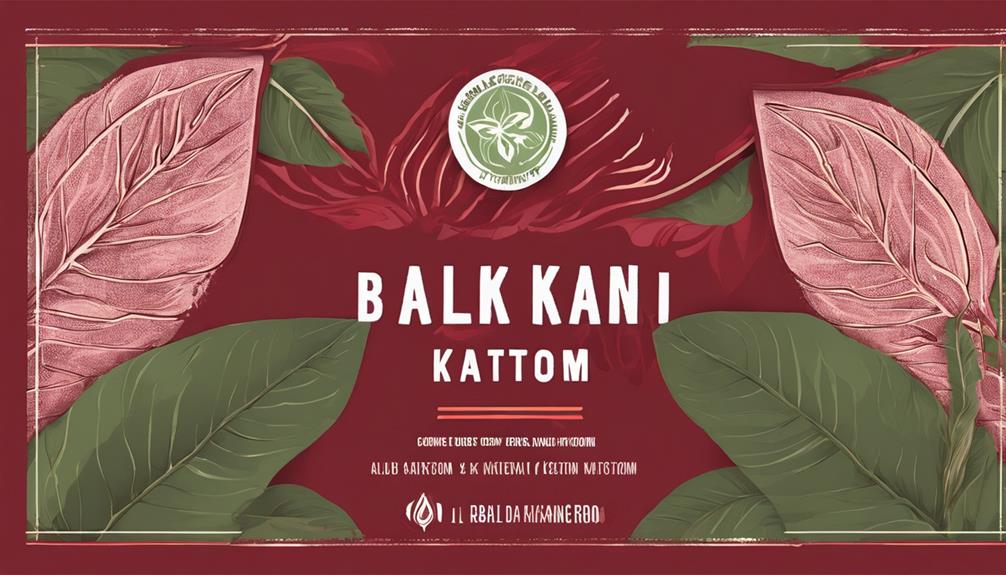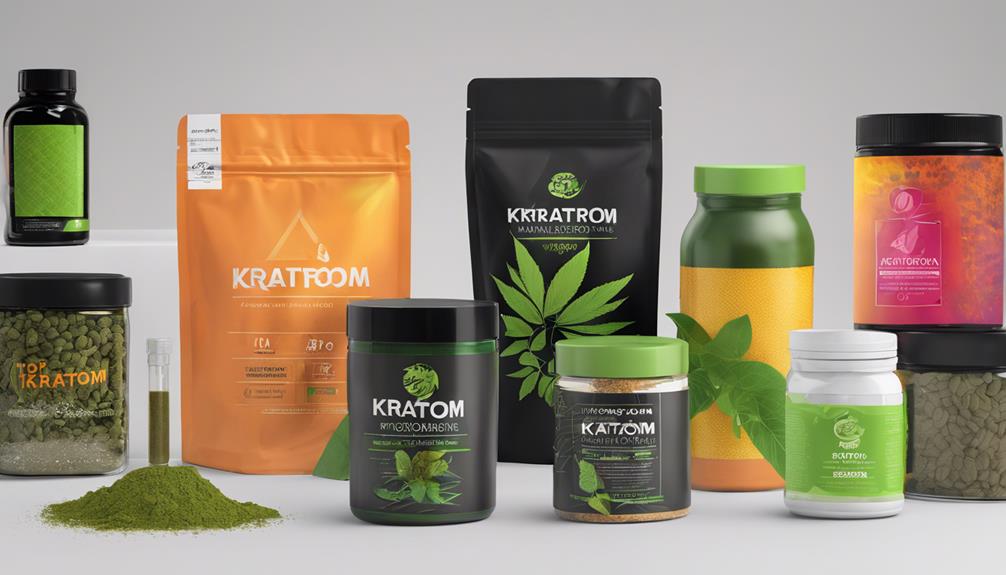Deprecated: mb_convert_encoding(): Handling HTML entities via mbstring is deprecated; use htmlspecialchars, htmlentities, or mb_encode_numericentity/mb_decode_numericentity instead in /home/users/kratomfiles/www/kratomfiles.com/wp-content/plugins/quick-adsense-reloaded/includes/template-functions.php on line 3552
Have you ever wondered how the legal status of kratom in Indiana could potentially impact its residents and the future of this controversial botanical substance in the state? With ongoing debates surrounding its criminal classification and proposed regulatory measures, understanding the complexities of kratom laws in Indiana is vital. Explore the intricate landscape of kratom legislation in Indiana to uncover the implications and possibilities that lie ahead for both proponents and skeptics of this natural remedy.
Key Takeaways
- Kratom in Indiana is classified as a Schedule I synthetic substance since 2014.
- Possession of kratom is a Class A Misdemeanor with severe penalties.
- Indiana Senate Bill 305 solidifies kratom's Schedule I status.
- Advocacy efforts aim to decriminalize and regulate kratom for safety.
- House Bill 1500 proposes regulations for the sale and manufacture of kratom in Indiana.
Current Kratom Legal Status in Indiana
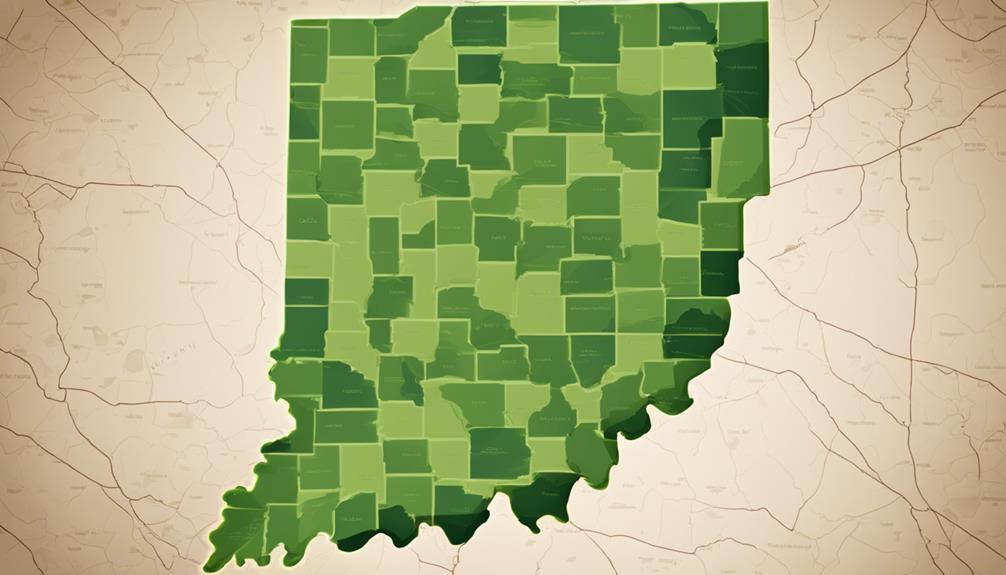
In Indiana, as of 2014, kratom is designated as a Schedule I synthetic substance, subjecting its possession to stringent legal regulations and penalties. The classification under Indiana Senate Bill 305 categorizes kratom as a Schedule I controlled substance, making its possession a Class A Misdemeanor. This means that individuals found with kratom in Indiana could face severe consequences, especially in areas near schools or involving minors. The criminalization of kratom in the state is intended to enhance safety; however, it has sparked debates regarding the potential risks it may pose. Indiana stands as one of six states where kratom is illegal, imposing strict penalties for those caught possessing or distributing it. Understanding the legal landscape surrounding kratom in Indiana is important to avoid inadvertently breaking the law and facing the associated legal ramifications. It is essential to stay informed about the state's regulations to guarantee compliance and safety.
Concerns About Kratom Regulation in Indiana
You should consider the regulatory challenges facing kratom in Indiana, as its classification as a Schedule I controlled substance may have significant public health implications. Advocacy efforts in the state are actively working towards prompting a reconsideration of kratom's legal status, given the potential risks associated with criminalization. It is important to stay informed about the ongoing discussions and developments surrounding kratom regulation in Indiana to understand the potential consequences and implications for both vendors and consumers.
Regulatory Challenges Facing Kratom
Amidst the regulatory landscape in Indiana, the challenges surrounding kratom's classification as a Schedule I controlled substance have raised significant concerns about its oversight and impact on consumer safety. With kratom being deemed a Class A Misdemeanor and its illegal status, the need for stringent regulation is evident. Indiana Senate Bill 305 has further solidified kratom's status as a Schedule I controlled substance, emphasizing the importance of quality standards and oversight in the production and distribution of kratom products. Ensuring consumer safety amidst these regulatory challenges is paramount, as the implications of inadequate oversight could have far-reaching consequences. Striking a balance between regulation and accessibility while maintaining quality standards remains a critical aspect of addressing the regulatory hurdles facing kratom in Indiana.
Public Health Implications
The criminalization of kratom in Indiana underscores the pressing concerns regarding the safety and purity of products available on the black market. The lack of regulation raises significant health risks for consumers, exposing them to potentially adulterated or contaminated kratom. Indiana's strict penalties for kratom possession near schools or minors further compound the challenges faced by users. The uncertainty surrounding kratom's legality in Indiana not only creates confusion for consumers but also poses potential legal consequences. Advocates stress the importance of implementing proper regulations and oversight to safeguard consumer safety and maintain quality standards within the kratom market. It is vital for individuals to be aware of these health implications and advocate for responsible and informed kratom use to safeguard public health.
Advocacy Efforts in Indiana
Advocating for the decriminalization and regulation of kratom in Indiana is vital to address concerns about consumer safety and quality standards in the market. Efforts in the state aim to guarantee that consumers are protected from the risks associated with unregulated and contaminated products. The push for revisiting evidence surrounding kratom is essential to prompt a reconsideration of its legal status in Indiana. The Kratom Trade Association plays an active role in campaigning for the legalization and regulation of kratom in the state senate, focusing on establishing clear guidelines for the sale and manufacture of kratom products. These advocacy initiatives are pivotal in safeguarding the well-being of consumers and improving the overall quality standards in the kratom industry.
Potential Changes to Kratom Laws
As you consider potential changes to kratom laws in Indiana, it's important to examine how the proposed legislation could impact the availability and regulation of kratom products in the state. Public opinion on kratom and its usage may play a significant role in shaping the final decisions surrounding its legal status. Additionally, recommendations from regulatory agencies will likely influence the development and implementation of any new laws regarding kratom in Indiana.
Proposed Legislation Impact
Considering the proposed legislation in Indiana regarding kratom, significant changes to the current laws may soon be implemented to regulate its legal status. The impact of the House Bill 1500 could lead to the decriminalization and regulation of kratom, ensuring consumer safety and quality standards through measures such as independent lab testing and specific packaging requirements. Additionally, restrictions on selling to minors aim to protect vulnerable populations. Vendors failing to comply with the new regulations might face legal consequences, including fines up to $10,000. This proposed legislation seeks to establish a framework that prioritizes public health and safety while addressing the concerns surrounding kratom use.
Public Opinion Influence
The influence of public opinion on potential changes to kratom laws in Indiana becomes evident through the impact of personal testimonies and experiences shared by kratom users. Advocates for kratom legalization heavily rely on public support and awareness to drive legislative changes. The narratives of kratom users can sway public perception of the benefits and risks associated with kratom, thereby shaping future policy decisions in Indiana. Engaging with legislators and policymakers based on public sentiment can be a powerful driver for amending existing kratom laws in the state. Understanding and addressing public opinion surrounding kratom is crucial for advocates seeking legislative changes that reflect the needs and experiences of the community.
Regulatory Agency Recommendations
Regulatory agency recommendations for potential changes to kratom laws in Indiana encompass a comprehensive approach aimed at guaranteeing consumer safety and product quality within a regulated market. Proposed regulatory changes may include:
- Specific Packaging Requirements: Mandating precise packaging standards to enhance product integrity.
- Independent Lab Testing: Requiring kratom products to undergo testing by accredited laboratories for quality assurance.
- Restrictions on Alkaloids: Imposing limits on certain alkaloids to mitigate potential health risks.
- Selling to Minors: Prohibiting the sale of kratom to individuals under a certain age to safeguard public health.
Advocates seek to decriminalize kratom and establish a regulated market with stringent measures to uphold consumer safety and ensure high product quality.
Impact on Indiana Residents
Despite the legal status of kratom in Indiana, the impact on residents in the state remains significant. An estimated 100,000 Indiana residents continue to consume kratom despite its illegal status, facing potential legal risks when obtaining or using the product. The presence of a black market for kratom in Indiana raises concerns about the quality and safety of the products available to consumers. The lack of regulation in the state further exacerbates these concerns, as it increases the likelihood of individuals being exposed to impure or contaminated kratom products. The prohibition of kratom forces consumers in Indiana to navigate the decision of whether the perceived benefits of kratom outweigh the legal risks involved in its consumption. These factors collectively contribute to a complex landscape for kratom users in Indiana, where access to the substance is limited, and the potential dangers associated with its consumption are heightened due to its legal status and lack of oversight.
Proposed Legislation for Kratom in Indiana
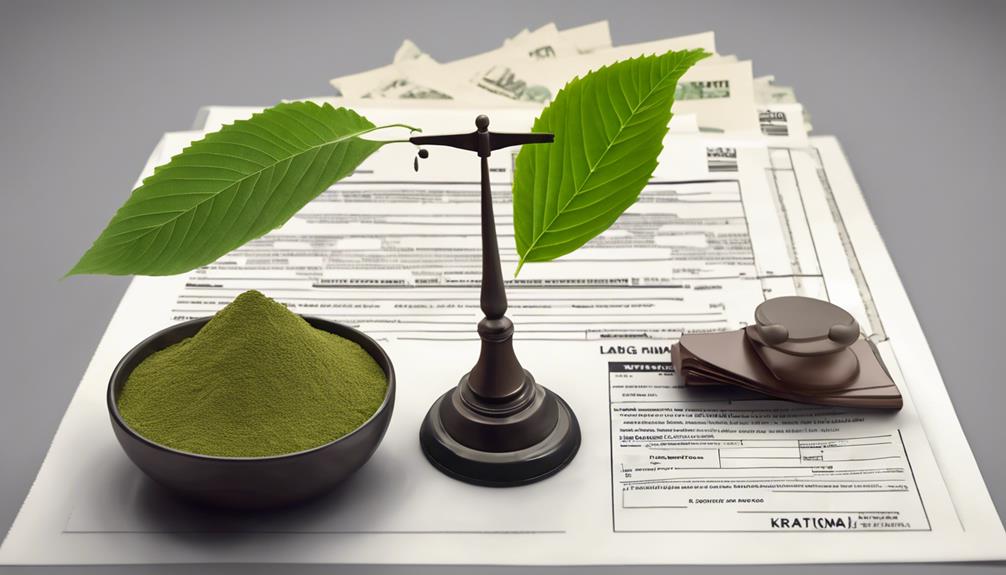
With the introduction of House Bill 1500 in Indiana, proposed legislation seeks to legalize and regulate the sale and manufacture of kratom in the state. This bill is vital for establishing guidelines that guarantee consumer safety and quality standards in the kratom industry. Here are some key points regarding the proposed legislation:
- Legalization of Kratom: House Bill 1500 aims to legalize the sale and manufacture of kratom within the state of Indiana.
- Regulation of Sale and Manufacture: The bill includes provisions for overseeing the sale and manufacture of kratom, ensuring that it meets specific quality standards and packaging requirements.
- Consumer Safety Measures: Proposed regulations in the bill focus on consumer safety, including caution labels for certain groups like pregnant women to promote responsible usage.
- Protection of Minors and Fines: House Bill 1500 prohibits the sale of kratom to minors and imposes fines for any violations, emphasizing the importance of adhering to the set regulations to maintain integrity within the industry.
What is the Legal Status of Kratom in Indiana and Arkansas?
The kratom legality in Arkansas and Indiana is complex, with various restrictions and regulations. In Arkansas, kratom is listed as a Schedule I controlled substance, making its possession and distribution illegal. In Indiana, kratom is classified as a synthetic drug, resulting in it being banned for consumption and possession.
Public Perception of Kratom in Indiana
When considering the public perception of kratom in Indiana, it becomes evident that personal testimonies and experiences play a significant role in shaping attitudes towards this controversial substance. The estimated 100,000 Hoosiers who continue to use kratom despite its illegal status in Indiana highlight the strong personal convictions surrounding its benefits. Different states, including Indiana, have varying stances on kratom, with Indiana being one of six states that prohibit its sale. Efforts to enact more restrictions on kratom in certain states reflect ongoing concerns about its safety and regulation, further influencing public opinion. Advocacy for the legalization of kratom in Indiana continues to shape public perception and legislative actions, with supporters emphasizing its potential benefits. Below is a table depicting the key factors influencing public perception of kratom in Indiana:
| Factors | Influence on Perception |
|---|---|
| Personal Testimonies | Positive |
| Experiences | Varied |
| Safety | Concerns |
| Regulation | Impactful |
| Advocacy | Supportive |
What is the legal status of Kratom in Indiana compared to Illinois?
In Indiana, Kratom is legal for individuals over 18, while in Illinois, the legality of Kratom is in a gray area. As of now, there are no laws explicitly banning or regulating its sale or use in Illinois, but the situation may change. Stay informed about kratom legality in illinois for updates.
Is TSA-Approved Kratom Legal in Indiana?
Yes, TSA-approved kratom is legal in Indiana. The state has not implemented any specific regulations or laws regarding the possession or use of tsaapproved kratom potential unlocked. Therefore, individuals in Indiana can legally travel with kratom that meets TSA guidelines.
Future Outlook for Kratom in Indiana
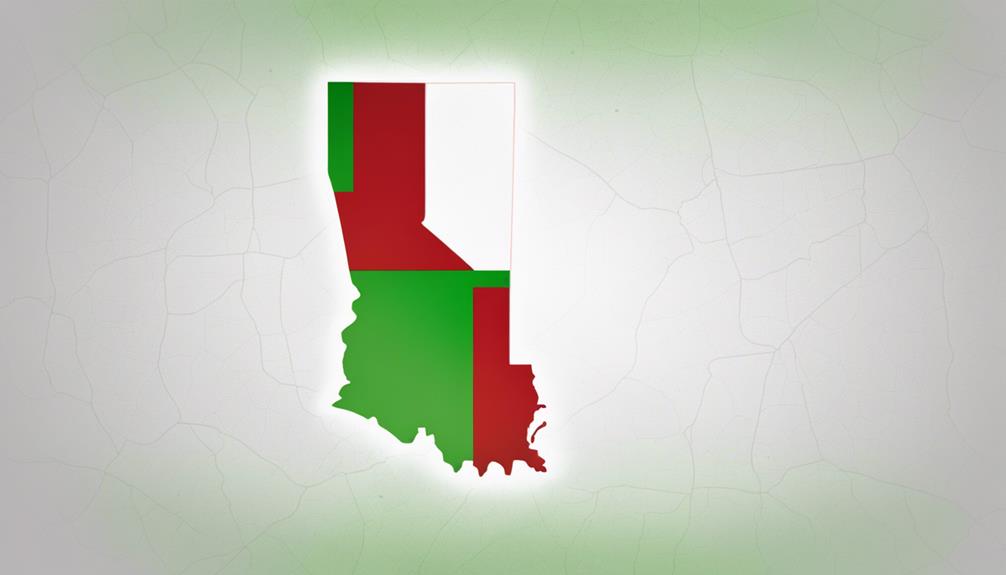
An upcoming legislative proposal in Indiana, House Bill 1500, presents a potential pathway towards the legalization of kratom in the state. The future of kratom in Indiana hinges on the decisions made by Indiana legislators, particularly Alan Morrison (R-Terre Haute), who is spearheading the House Bill. If the bill passes, it would mark a significant milestone in kratom legalization, shaping the landscape for both consumers and vendors. Here are key points to ponder:
- The bill aims to regulate kratom by banning synthetic kratom alkaloids to guarantee consumer safety.
- It includes provisions for mandatory independent lab testing and specific labeling requirements to educate consumers about the product they are purchasing.
- Restrictions on 7-hydroxymitragynine concentrations are planned to manage potency levels and safeguard consumer well-being.
- A vital aspect of the bill is the prohibition of selling kratom products to minors, emphasizing a commitment to minors' protection and public health.


